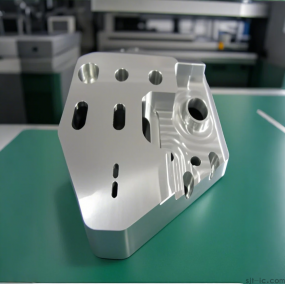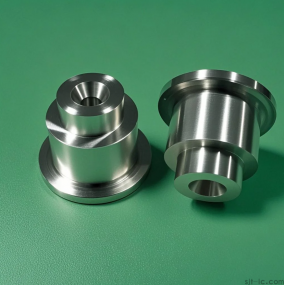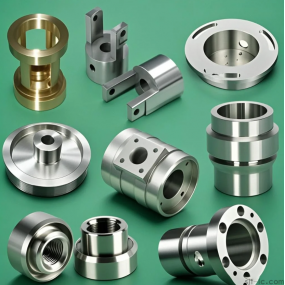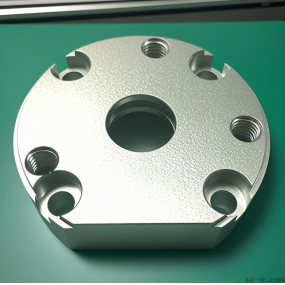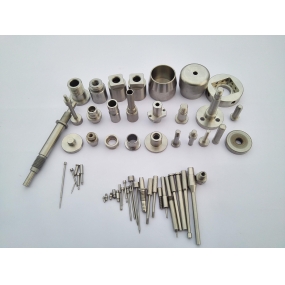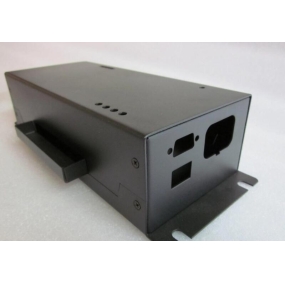〖Medical Device CNC Machining Wholesale〗
To be honest, the requirements for parts in the medical industry are extremely strict! The precision must be controlled within ±0.005mm, and the surface must be smooth without burrs—otherwise, how could they be used on the human body? For components like surgical instruments and implants, 5-axis CNC machining is a must. When choosing a manufacturer, qualifications matter: ISO 9001 certification and medical industry certifications are the minimum standards. Don’t be tempted to choose small workshops for lower prices—after all, human lives are at stake!
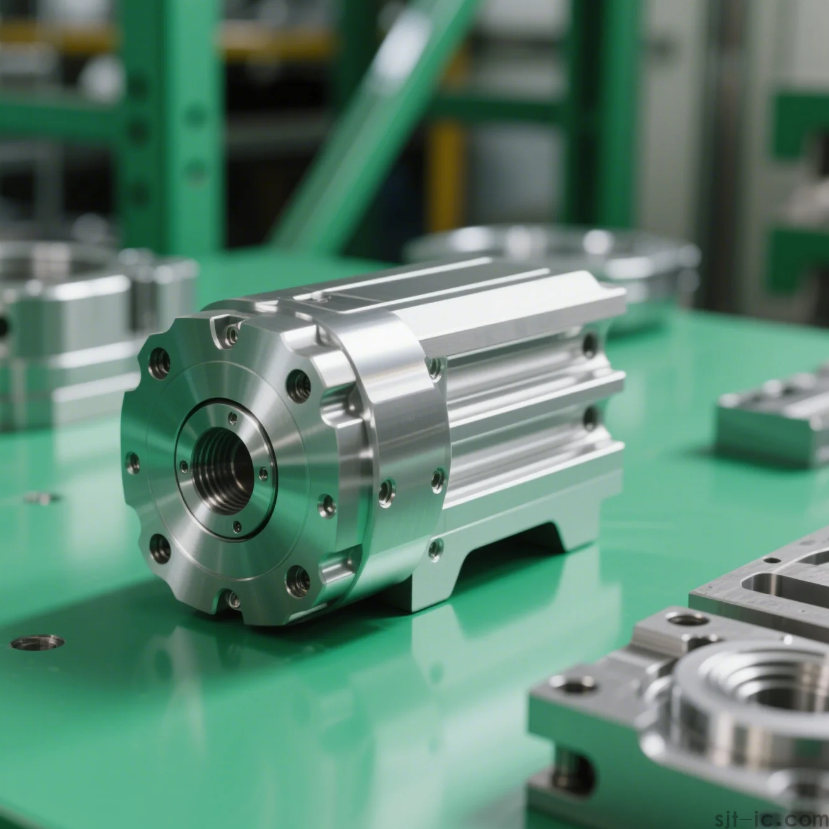
〖Custom Stainless Steel Hardware Fittings Machining〗
Custom (non-standard) hardware fittings are essentially "made-to-order products." Examples include special-shaped connectors and custom screws, which are often produced in small batches but require complex processes. Machining stainless steel is challenging due to its high hardness, which easily wears out cutting tools. Therefore, high-speed CNC machines paired with specialized coated tools are necessary. Here’s a frank tip: Some manufacturers offer low quotes but secretly use second-hand tools, resulting in burrs on the finished parts—you must keep your eyes open!
〖5-Axis CNC Precision Part Machining〗
5-axis CNC machining is truly impressive! It can machine five surfaces in a single setup, easily achieving a precision of ±0.01mm. It is indispensable for aerospace components and high-end automotive parts. However, the equipment is expensive—an imported 5-axis machine can cost over one million yuan—so most small manufacturers cannot afford to operate it. When selecting a manufacturer, it’s advisable to ask directly: "What brand of 5-axis machine do you use? DMG MORI or Mazak?" If they can’t answer this question, you can basically rule them out.
〖Swiss-Type Lathe Machining of Stainless Steel Precision Parts〗
Swiss-type lathes are particularly suitable for machining long, thin shaft parts, such as watch screws and micro-axis cores. Their tools move synchronously with the material, ensuring more stable cutting. For stainless steel parts? Simply add cutting fluid to prevent thermal deformation. However, here’s a reminder: Programming for Swiss-type lathes is complex, and inexperienced operators are likely to produce defective products—when choosing a manufacturer, always check their case photos first!
〖Turn-Mill Compound Machining of Aluminum Alloy Parts〗
Aluminum alloy is lightweight and soft, making it ideal for turn-mill compound machines, which can perform turning and milling (e.g., slotting) simultaneously—offering extremely high efficiency. For products like drone casings and radiator fins, this method can significantly reduce costs during mass production. But note this: Aluminum parts are prone to oxidation, so anodizing treatment is essential. Without it, the surface will become uneven over time, which is not only unsightly but also affects performance.
Personal Insights:
When choosing a CNC manufacturer, don’t just compare prices! Check their equipment list, quality inspection reports (do they have a coordinate measuring machine?), and even the cleanliness of their workshop—if a factory is covered in oil stains, its quality control is likely poor. By the way, the industrial chains in Dongguan and Shenzhen are the most mature, but they are also filled with small manufacturers. It’s recommended to prioritize established ones (e.g., those founded over 10 years ago)—at the very least, the risk of them closing down suddenly is much lower!


 Spanish
Spanish Arabic
Arabic French
French Portuguese
Portuguese Belarusian
Belarusian Japanese
Japanese Russian
Russian Malay
Malay Icelandic
Icelandic Bulgarian
Bulgarian Azerbaijani
Azerbaijani Estonian
Estonian Irish
Irish Polish
Polish Persian
Persian Boolean
Boolean Danish
Danish German
German Filipino
Filipino Finnish
Finnish Korean
Korean Dutch
Dutch Galician
Galician Catalan
Catalan Czech
Czech Croatian
Croatian Latin
Latin Latvian
Latvian Romanian
Romanian Maltese
Maltese Macedonian
Macedonian Norwegian
Norwegian Swedish
Swedish Serbian
Serbian Slovak
Slovak Slovenian
Slovenian Swahili
Swahili Thai
Thai Turkish
Turkish Welsh
Welsh Urdu
Urdu Ukrainian
Ukrainian Greek
Greek Hungarian
Hungarian Italian
Italian Yiddish
Yiddish Indonesian
Indonesian Vietnamese
Vietnamese Haitian Creole
Haitian Creole Spanish Basque
Spanish Basque

